E.1027 – Eileen Gray and the House by the Sea
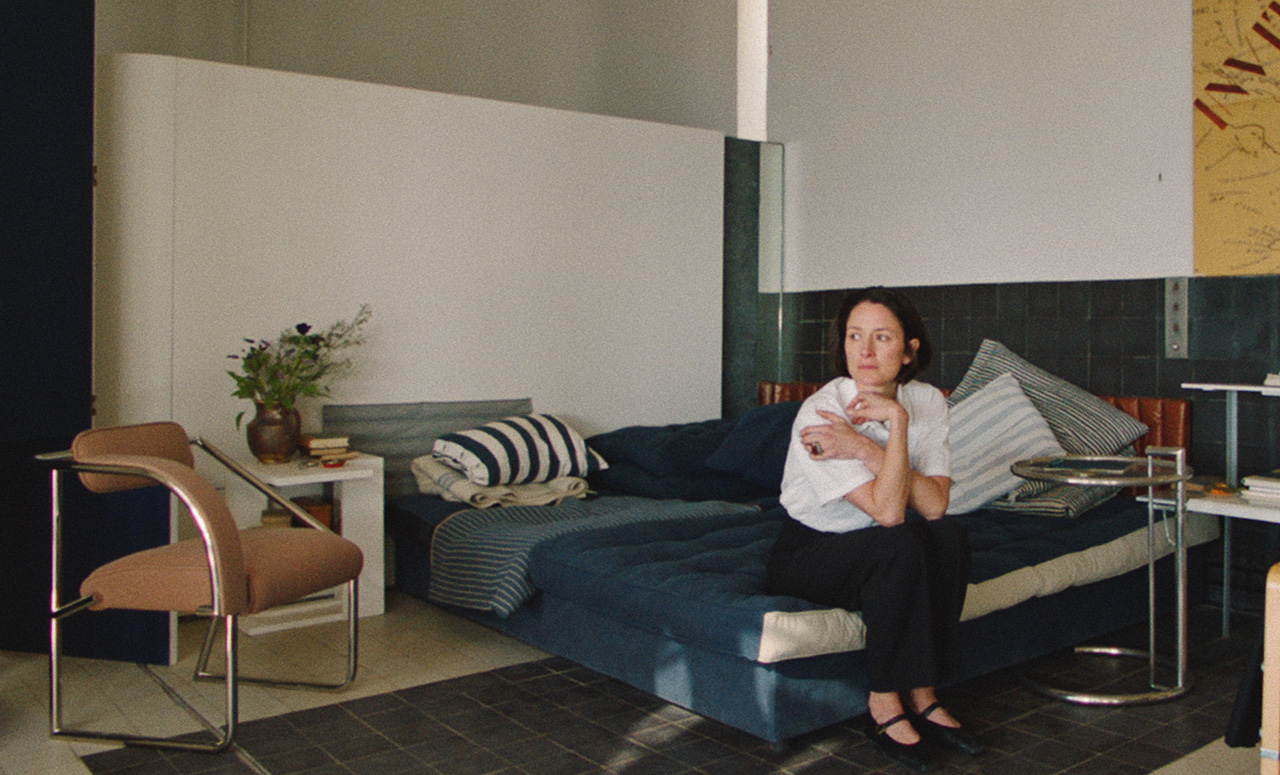
Beatrice Minger and Christoph Schaub’s E.1027 – Eileen Gray and the House by the Sea offers a poignant examination of the modernist villa E.1027, designed by Eileen Gray in 1929, nestled in Roquebrune-Cap-Martin. Intended as a private refuge for Gray (Natalie Radmall-Quirke) and her partner Jean Badovici (Axel Moustache), the house’s tranquillity was shattered by the intrusion of Le Corbusier (Charles Morillon). His decision to paint bold murals on the villa’s pristine walls was, for Gray, an act of irreparable violation – an affront to her artistic integrity that forms the film’s dramatic core.
While the personal betrayal at the heart of the film is clear, Minger and Schaub broaden their focus to examine the wider power dynamics at play. Le Corbusier’s imposition of his own artistic vision onto Gray’s creation is framed as more than a simple violation of space – it is a manifestation of the gendered and class-based hierarchies within the art world. Through its hybrid documentary format, E.1027 places Gray’s voice at the centre of its narrative. Her quiet, reflective thoughts, delivered through voiceover, offer an intimate insight into the emotional toll of witnessing her creation overrun by another’s ego. Radmall-Quirke’s portrayal is both restrained and profoundly expressive, capturing the internal conflict of an artist grappling with the violation of her vision in a patriarchal world. Visually, the film fully immerses itself in its architectural subject, showcasing Gray’s design brilliance through meticulous shots of the restored villa and recoloured archival images. The dynamic interplay of light and shadow within the villa further emphasises the tension between Gray’s vision and the external forces that intrude upon it.
In contrast, Minger and Schaub take a more detached approach to the Nazi occupation of France, briefly acknowledging it without exploring its complexities. This shift in tone – from the gravitas given to Gray’s emotional conflict to the almost indifferent treatment of a significant historical event – creates an interesting dissonance. The minimal attention given to the Nazi occupation serves as a commentary on class and artistic autonomy, suggesting that for certain classes, personal and aesthetic concerns can overshadow larger historical forces.
In the end, E.1027 represents more than just architecture; it embodies the class tensions, artistic rivalries and personal struggles that defined Eileen Gray’s Modernist legacy. It serves as a reflective exploration of artistic ownership, creative vision, and the underlying power dynamics that shape and influence cultural legacies.
Christina Yang
E.1027 – Eileen Gray and the House by the Sea is released in select cinemas on 9th May 2025.
Watch the trailer for E.1027 – Eileen Gray and the House by the Sea here:

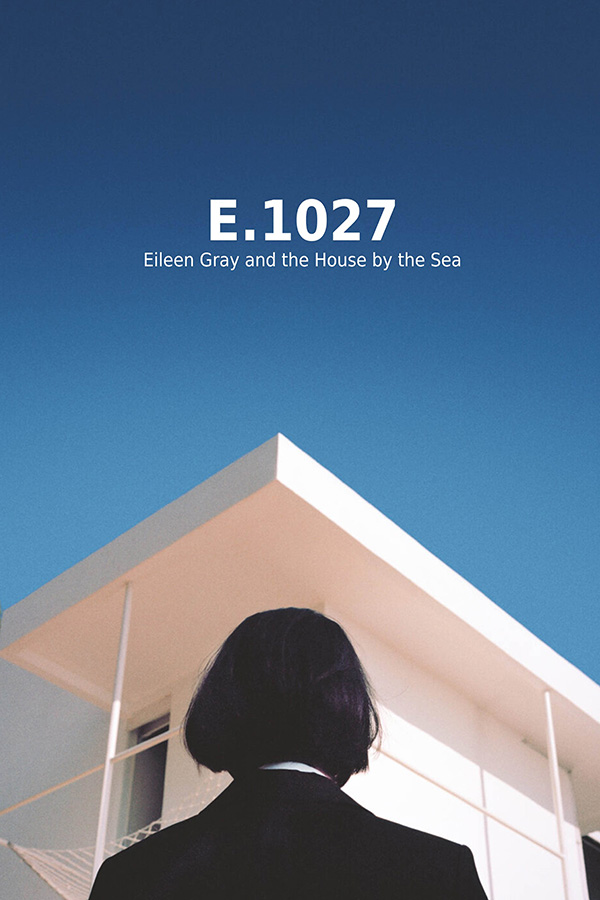





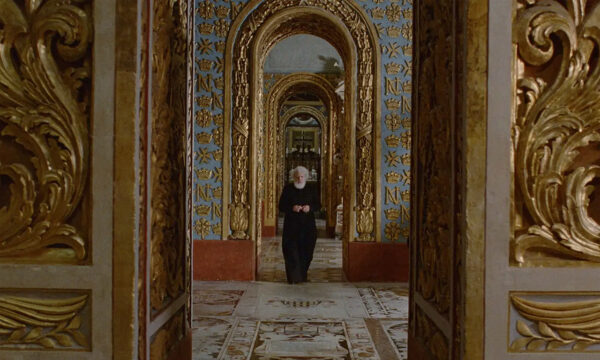







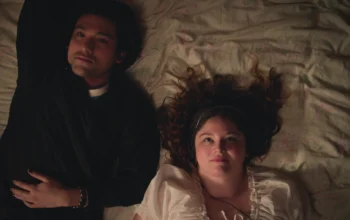

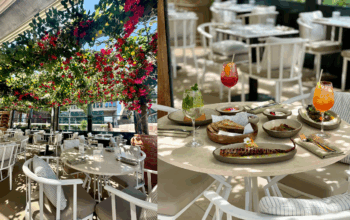








Facebook
Twitter
Instagram
YouTube
RSS